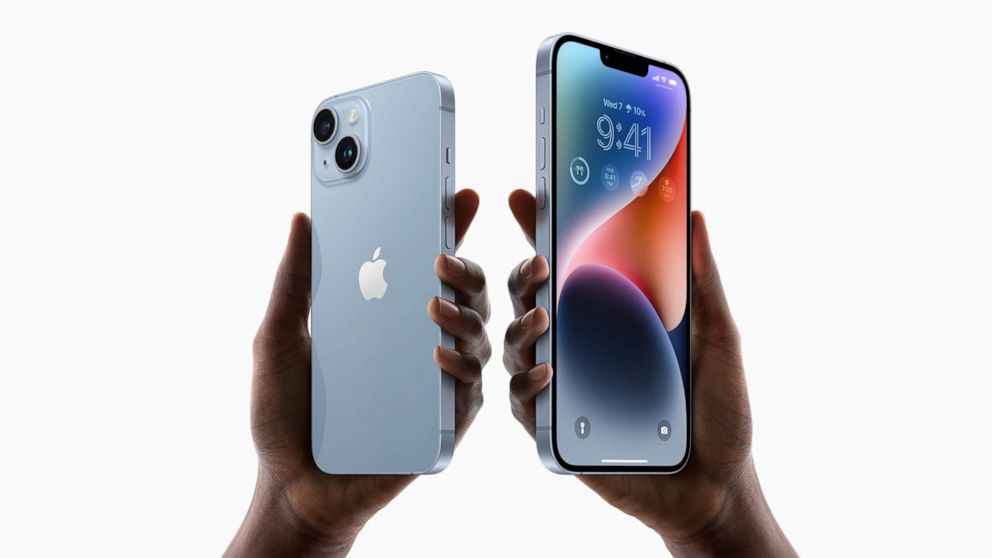The United States has launched a significant lawsuit against Apple, alleging the tech giant of monopolizing the smartphone market and suppressing competition.
In this legal action, the Justice Department claims that Apple misused its control over the iPhone app store to lock in customers and developers. It accuses the company of taking illegal measures to hinder apps perceived as threats and diminish the appeal of rival products.
Apple has asserted its intention to vigorously contest the lawsuit and refutes the allegations.
The extensive complaint, filed in a federal court in New Jersey alongside attorneys general from 16 states, represents one of the most substantial challenges to Apple to date. Over recent years, the company has faced mounting complaints about its business practices.
The lawsuit contends that Apple employed a series of ever-changing rules and restricted access to its hardware and software to increase its profits while raising costs for customers and stifling innovation.
Attorney General Merrick Garland, speaking at a press conference announcing the suit, emphasized, “Apple has maintained monopoly power in the smartphone market not simply by staying ahead of the competition on the merits but by violating federal antitrust law.”
The complaint outlines five areas where Apple purportedly abused its dominance, such as using its app review process to hinder the development of potential super apps and streaming services. Additionally, it alleges that Apple made it challenging for iPhones to connect with rival smartwatches and restricted access to its tap-to-pay technology for financial firms, allowing Apple to generate significant revenue from Apple Pay transactions.
Apple’s distinct treatment of messages from rival phones, distinguishing them with green bubbles and limiting certain features, is also highlighted in the complaint. The lawsuit argues that this has created a social stigma that reinforces Apple’s dominance in the market.
Apple contends that its customers are loyal due to their satisfaction with its products and that, under US law, it has the freedom to choose its business partners. The company has cited privacy and security concerns to justify its rules.
Apple intends to seek dismissal of the lawsuit, which it believes will ultimately fail. The case’s outcome will likely hinge on the motivation behind Apple’s actions, according to legal experts.
If the government prevails, it could compel Apple to overhaul its contracts and practices or potentially lead to the company’s breakup. Following news of the legal battle, Apple’s shares dropped over 4%.
However, any significant changes resulting from the case would take years to materialize as the legal process unfolds.
Legal experts view this lawsuit as a significant development, alongside similar actions brought against other major tech companies like Google, Meta, and Amazon. They assert that the core issue revolves around increasing smartphone functionality and accessibility for consumers and businesses.
Apple has faced increased legal scrutiny over its iOS ecosystem and business practices, including an ongoing legal dispute with Epic Games and a recent €1.8bn fine from the EU for antitrust violations related to music streaming.
Experts note that the Justice Department’s lawsuit represents a more comprehensive challenge compared to previous legal actions in the EU, aiming to address what they perceive as fundamental unfair practices within Apple’s ecosystem.

